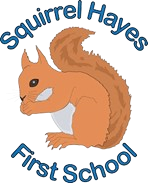Numeracy
Developing Maths skills for life
Inspire Maths
Inspire Maths is a transformational, whole-school approach, to raising pupils’ achievement in maths. The programme of resources is built upon the internationally acclaimed approach to teaching mathematics in Singapore. Published by Oxford University Press it is based on the leading Singapore Maths series My Pals are Here, used in 100% of Singapore’s state primary schools.
Inspire Maths uses accessible individual pupil textbooks which introduce concepts in a highly scaffolded way, enabling all our children to develop critical thinking skills, make mathematical connections and become confident mathematicians. Inspire Maths builds firm foundations and a deep understanding of mathematical concepts through a concrete-pictorial-abstract approach.
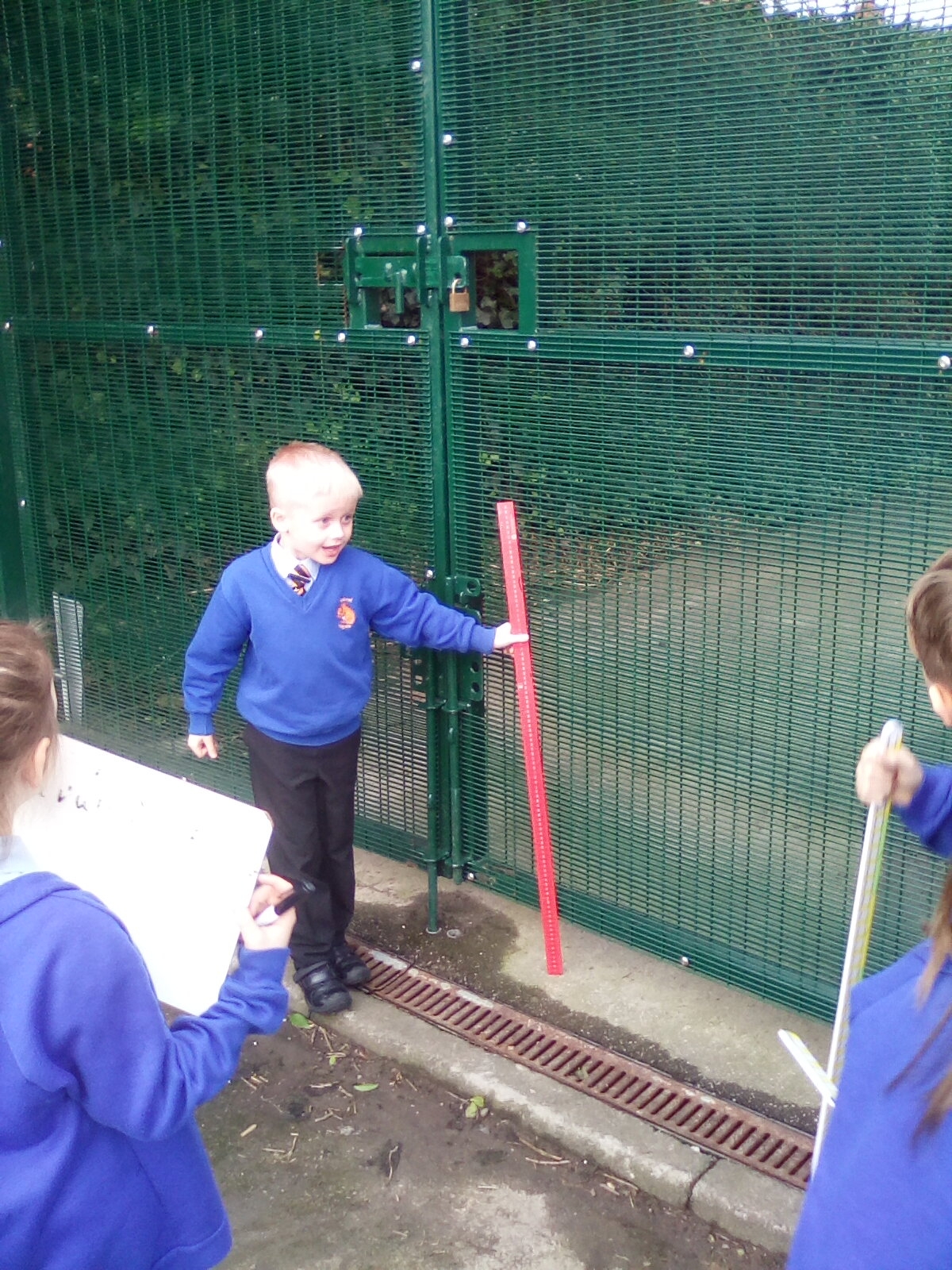
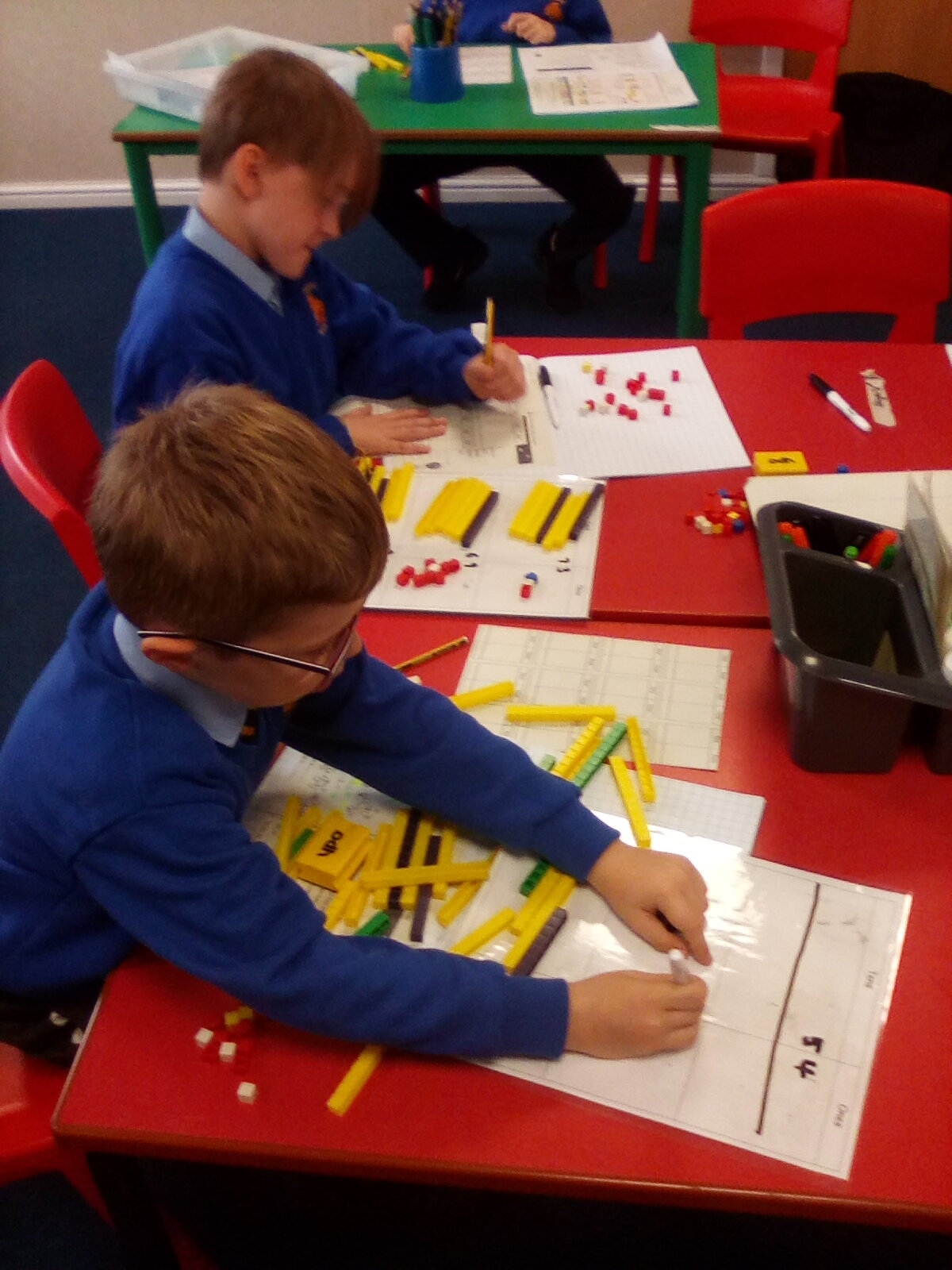
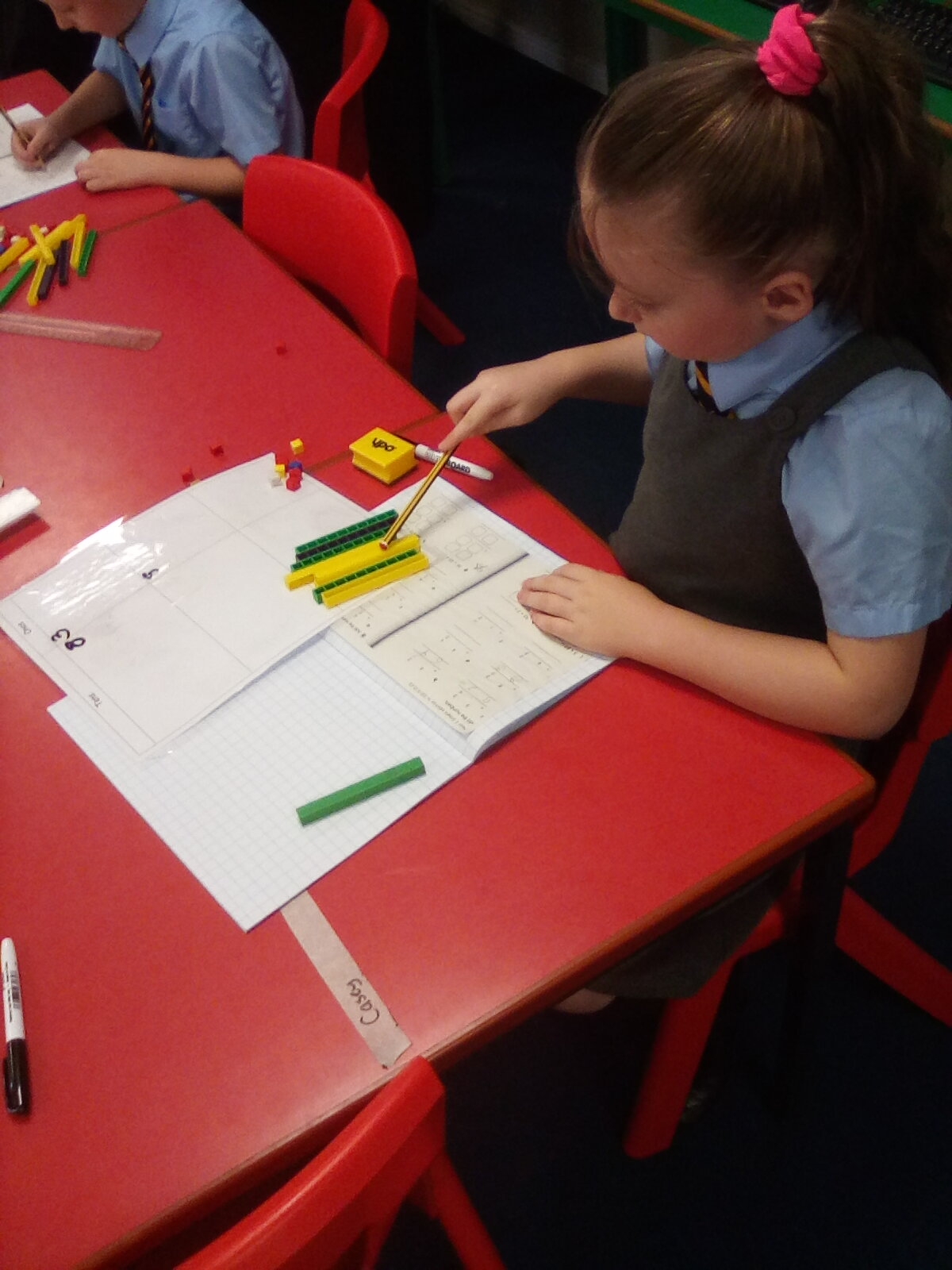
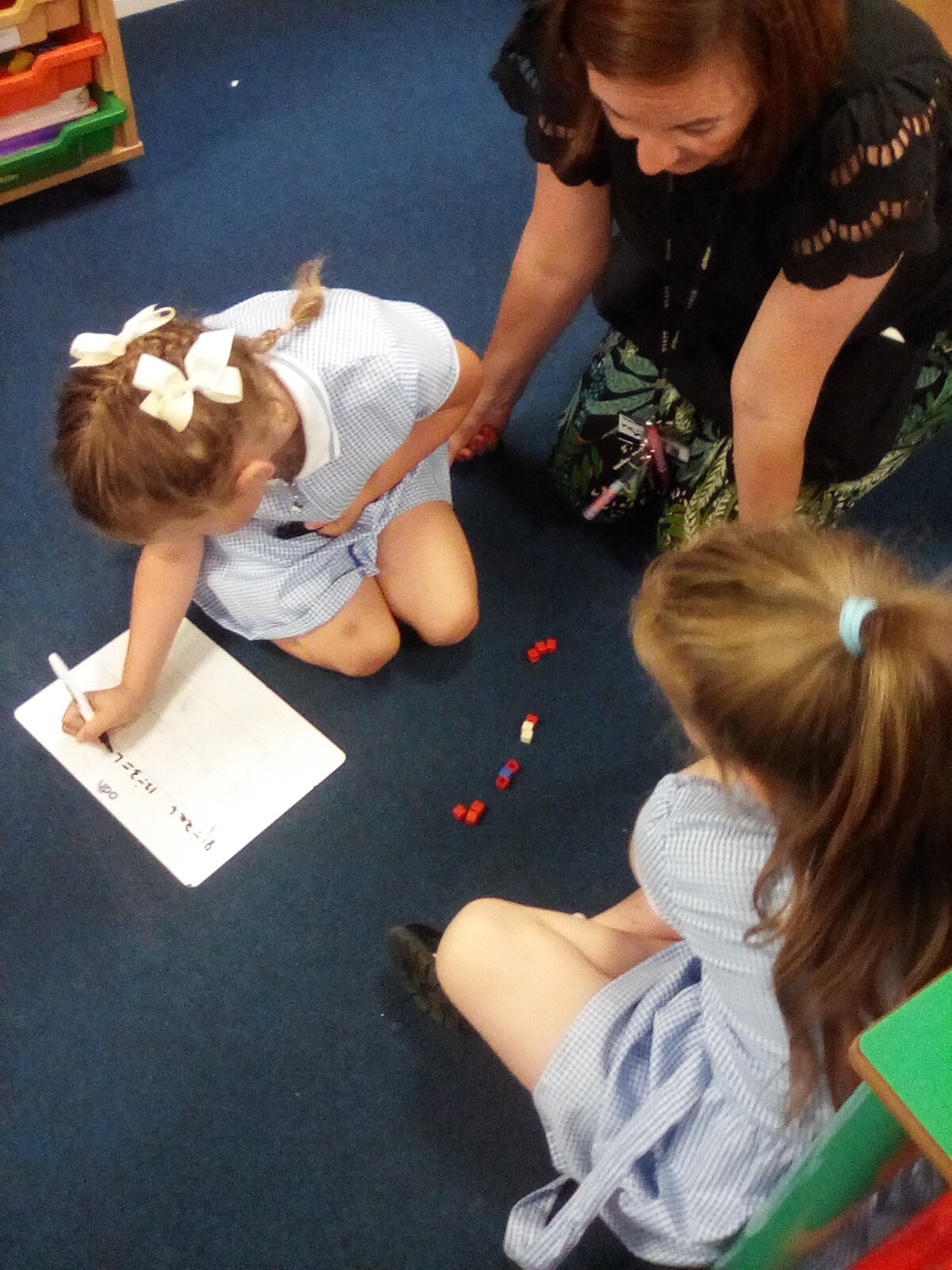
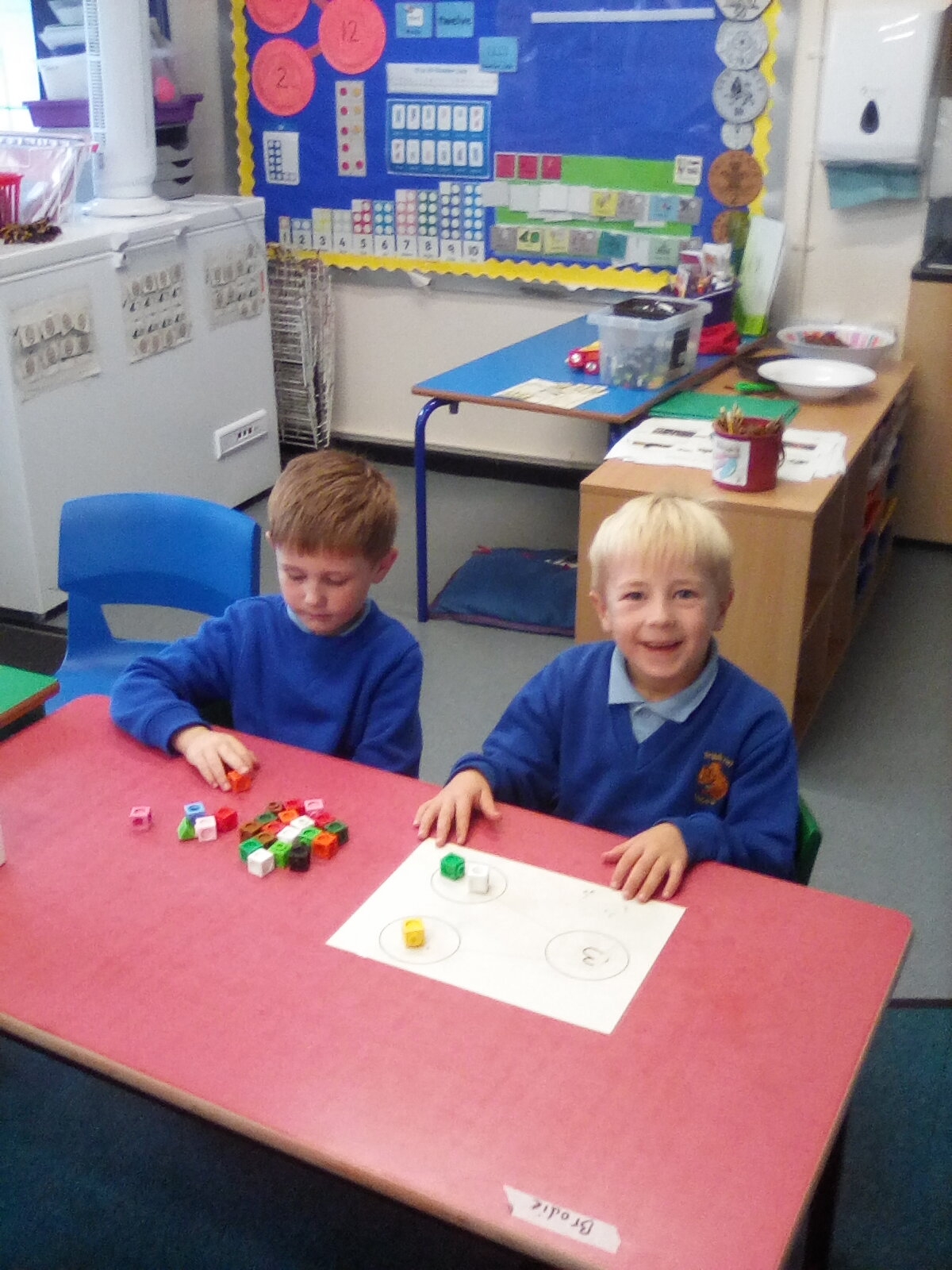
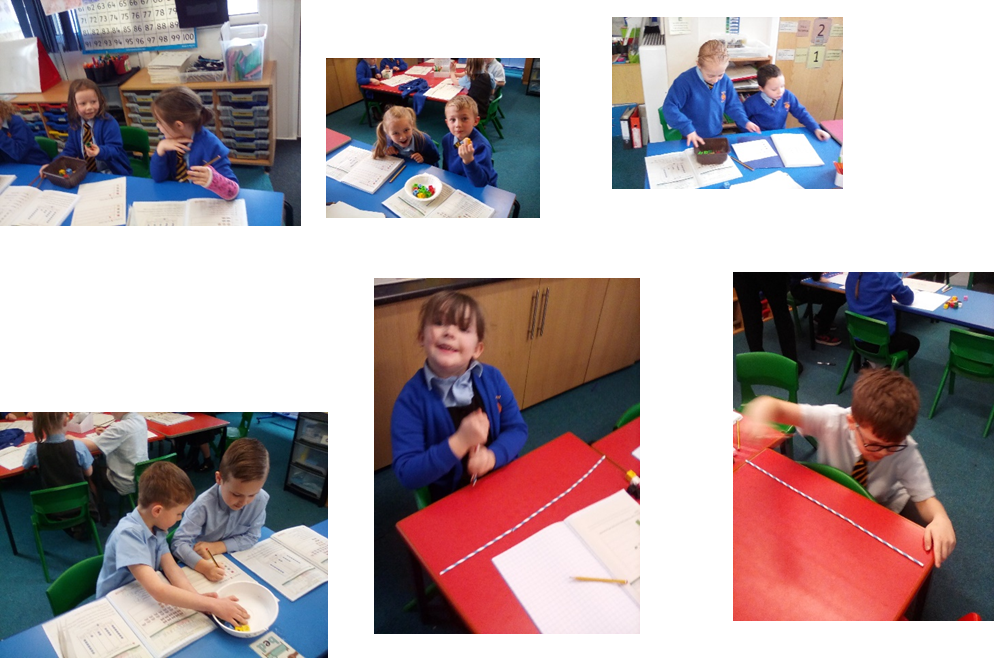
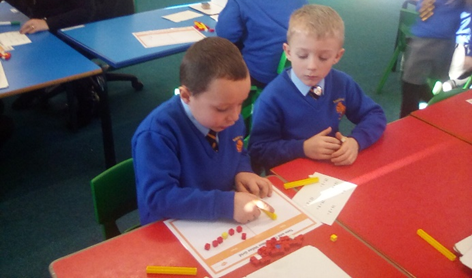
Concrete
Children and adults can find maths difficult because it is abstract. The CPA approach helps children learn new ideas and build on their existing knowledge by introducing abstract concepts in a more familiar and tangible way. The approach is firmly embedded in Inspire maths teaching.
Concrete is the “doing” stage, using concrete objects to model problems. Instead of the traditional method of maths teaching, where a teacher demonstrates how to solve a problem, the CPA approach brings concepts to life by allowing children to experience and handle physical objects themselves. Every new abstract concept is learned first with a “concrete” or physical experience.
For example, if a problem is about adding up four baskets of fruit , the children might first handle actual fruit before progressing to handling counters or cubes which are used to represent the fruit.
Pictorial
Pictorial is the “seeing” stage, using representations of the objects to model problems. This stage encourages children to make a mental connection between the physical object and abstract levels of understanding by drawing or looking at pictures, circles, diagrams or models which represent the objects in the problem.
Building or drawing a model makes it easier for children to grasp concepts they traditionally find more difficult, such as fractions, as it helps them visualise the problem and makes it more accessible.
Abstract
Abstract is the “symbolic” stage, where children are able to use abstract symbols to model problems.
Only once a child has demonstrated that they have a solid understanding of the “concrete” and “pictorial” representations of the problem, can the teacher introduce the more “abstract” concept, such as mathematical symbols. Children are introduced to the concept at a symbolic level, using only numbers, notation, and mathematical symbols, for example +, –, x, / to indicate addition, multiplication, or division.
Although we’ve presented CPA as three distinct stages, our teachers will go back and forth between each representation to reinforce concepts.
Einstein Kids Maths Programme
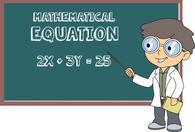
Learners within Years 1 to 4 have access to our weekly personalised maths programme ‘Einstein Kids Maths’. Each week learners undertake mini maths assessments covering:-
- Place value, addition and subtraction
- Multiplication, division and fractions
- Measure and geometry
Teachers use these weekly assessments to identify learner’s mathematical strengths and areas for development.
If you are stuck on the Maths words and concepts then check out this really useful MATHS DICTIONARY. This will help you to understand your learning.
Maths Activities for Reception to Year 4 – https://uk.ixl.com/math/
Online Games
- TimesTable Rockstars
- Numbots
- Add 10 more
- Number Bonds
- World Cup Match
- Addition Machine
- Bargain Hunt
- Addition Pyramid
- Game Show
- Adding Money
- Button Challenge
- Number Challenge
- 10 Less Shootout
If you need to know more about this subject please don't hesitate to ask the subject lead Mrs Percival.
